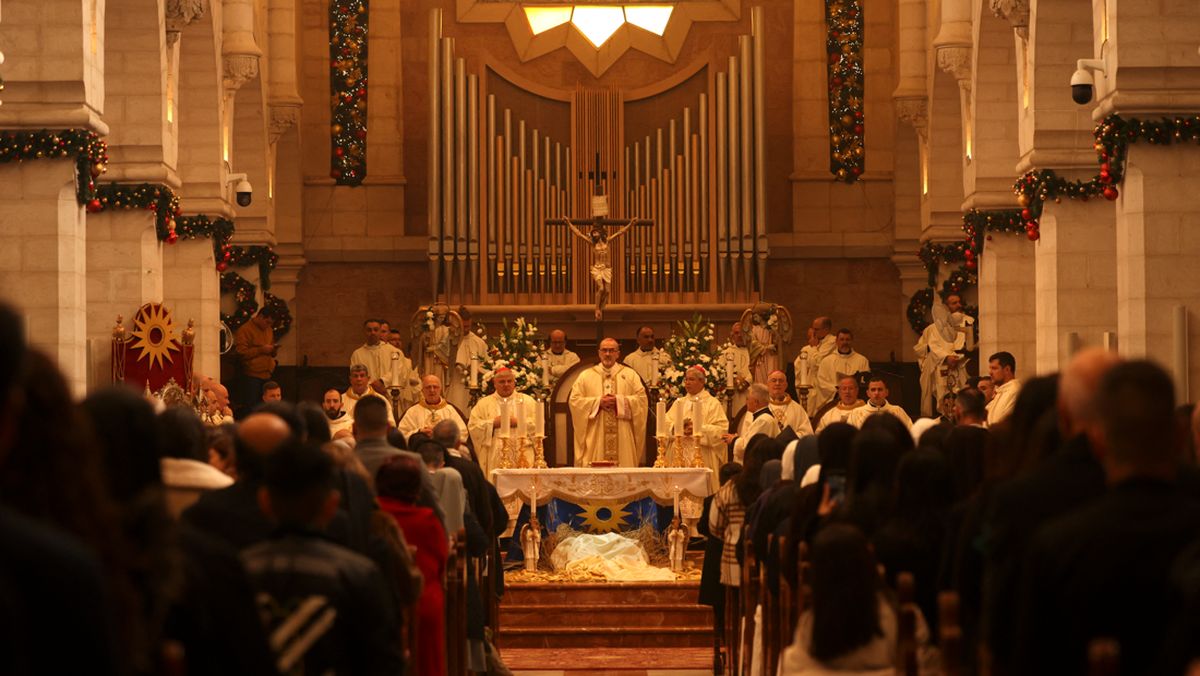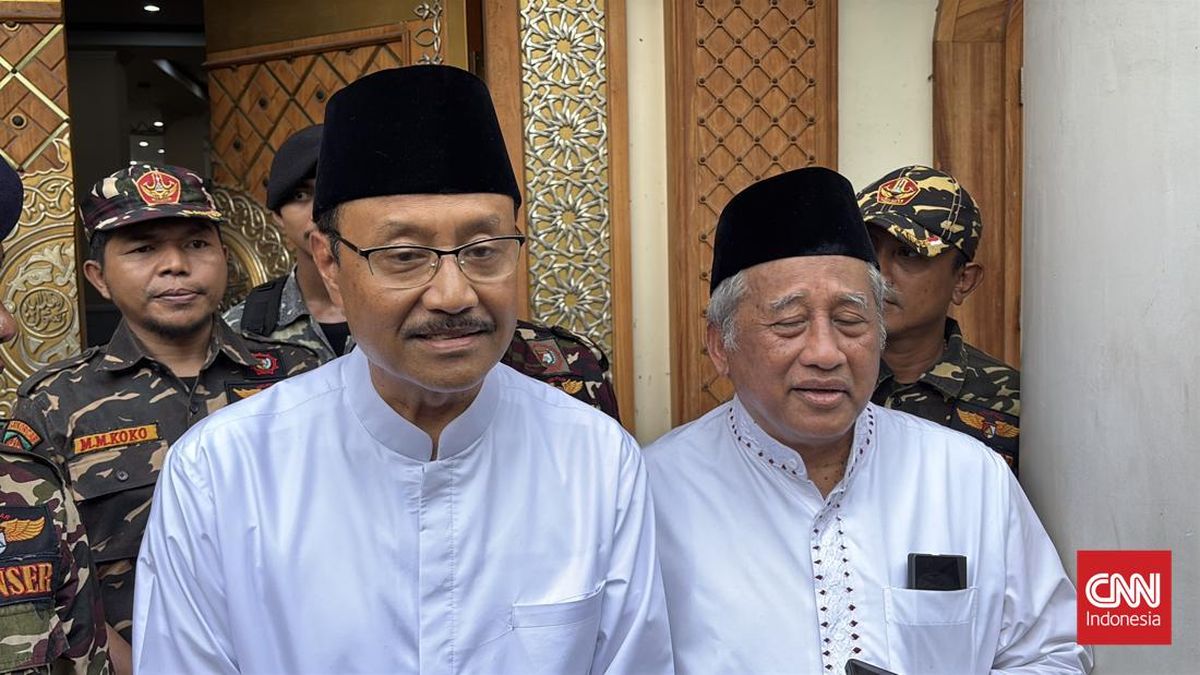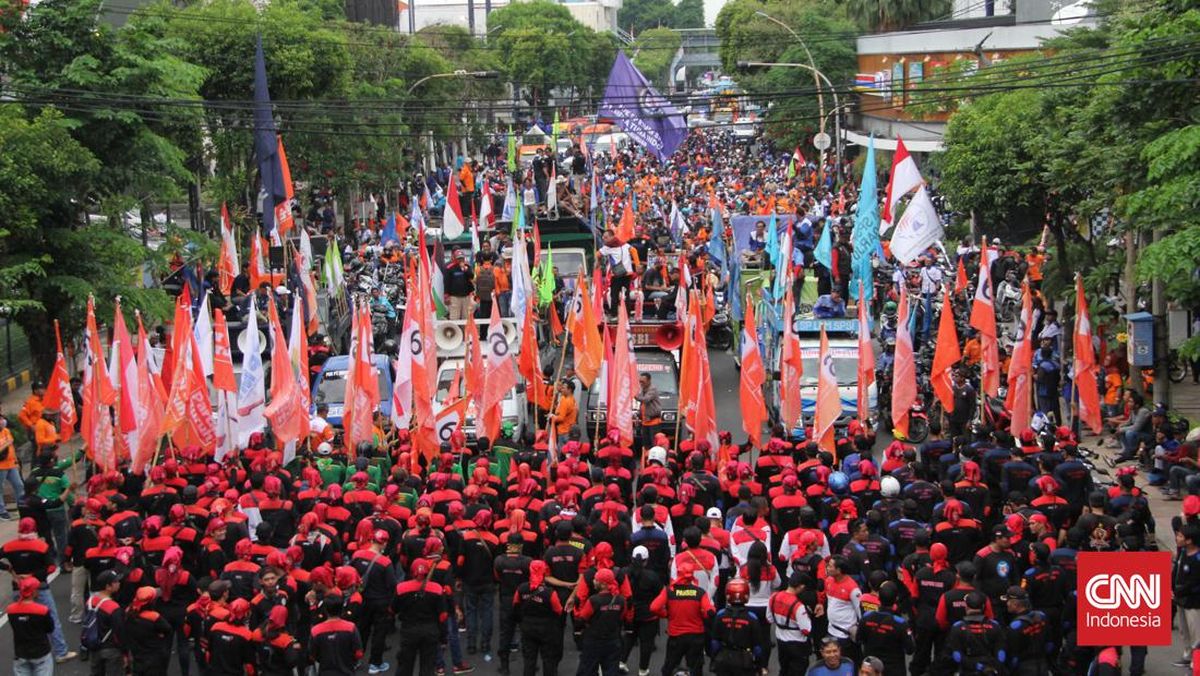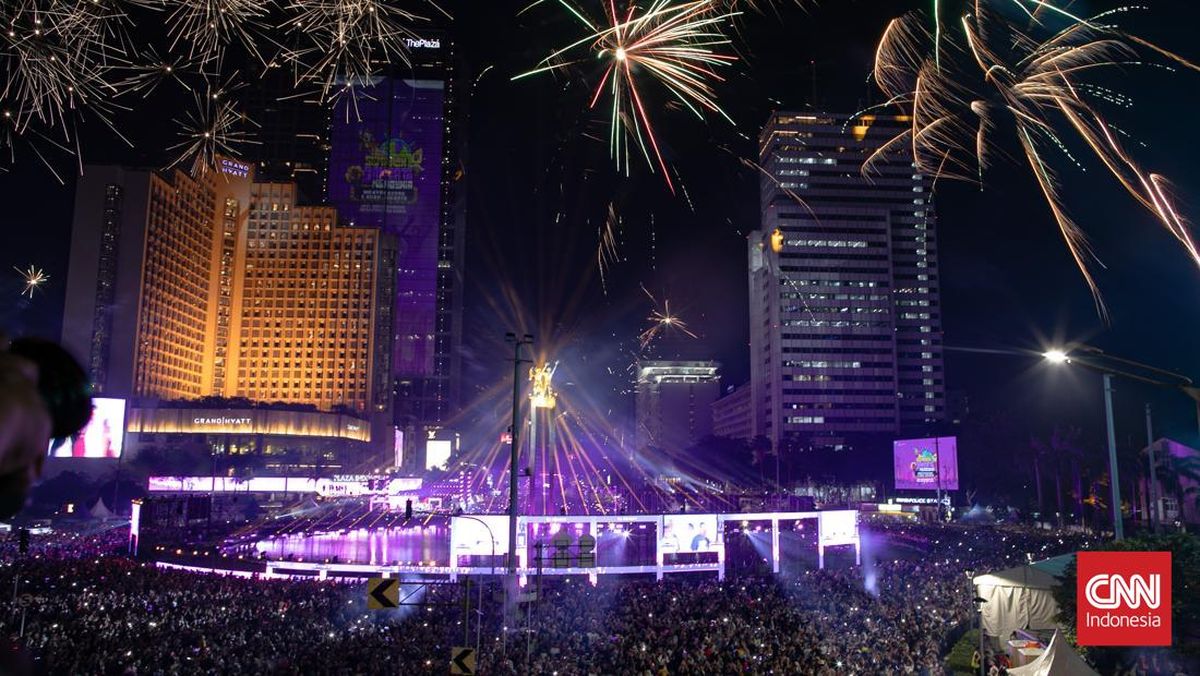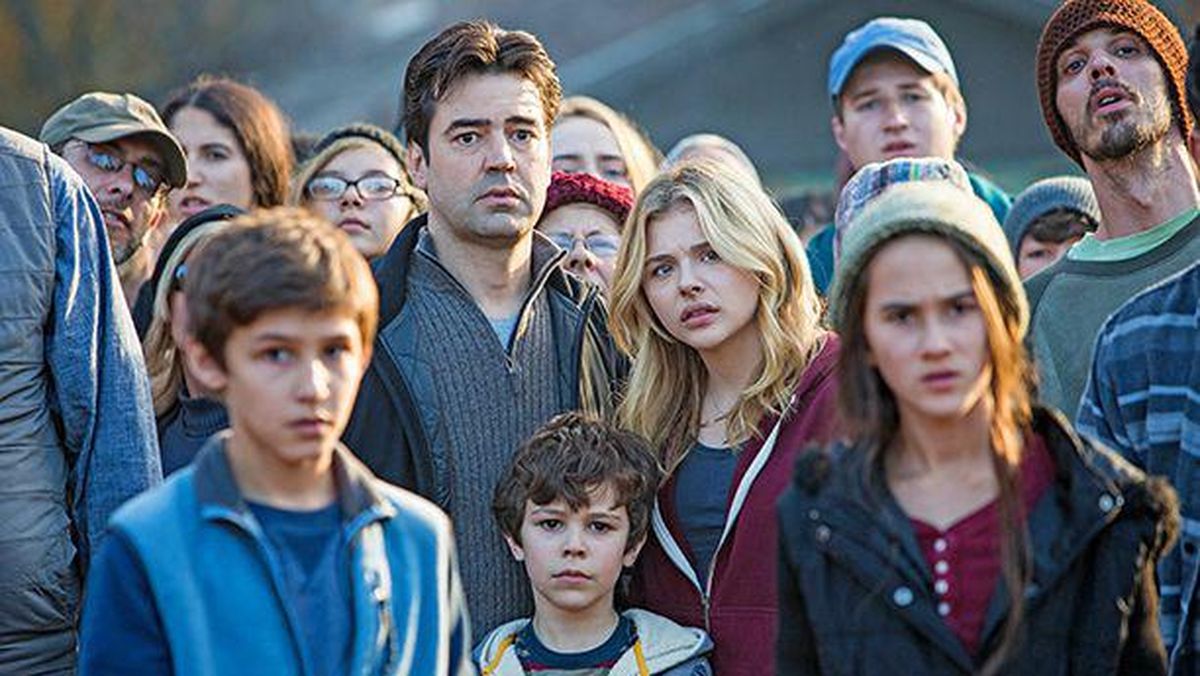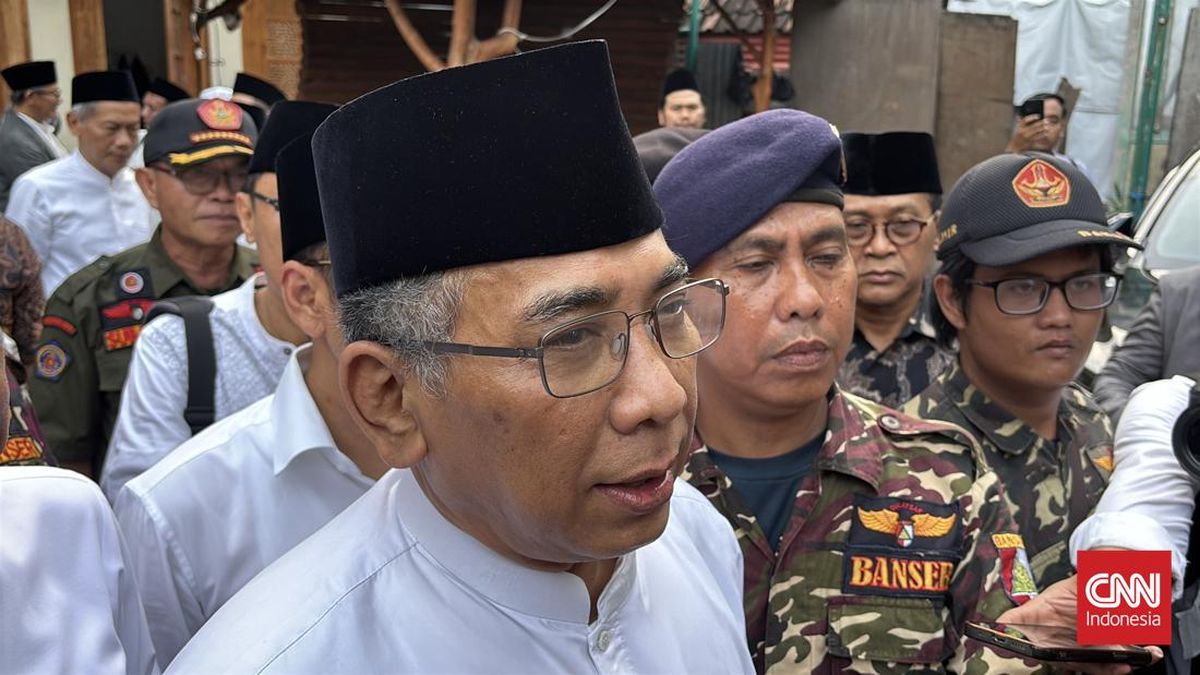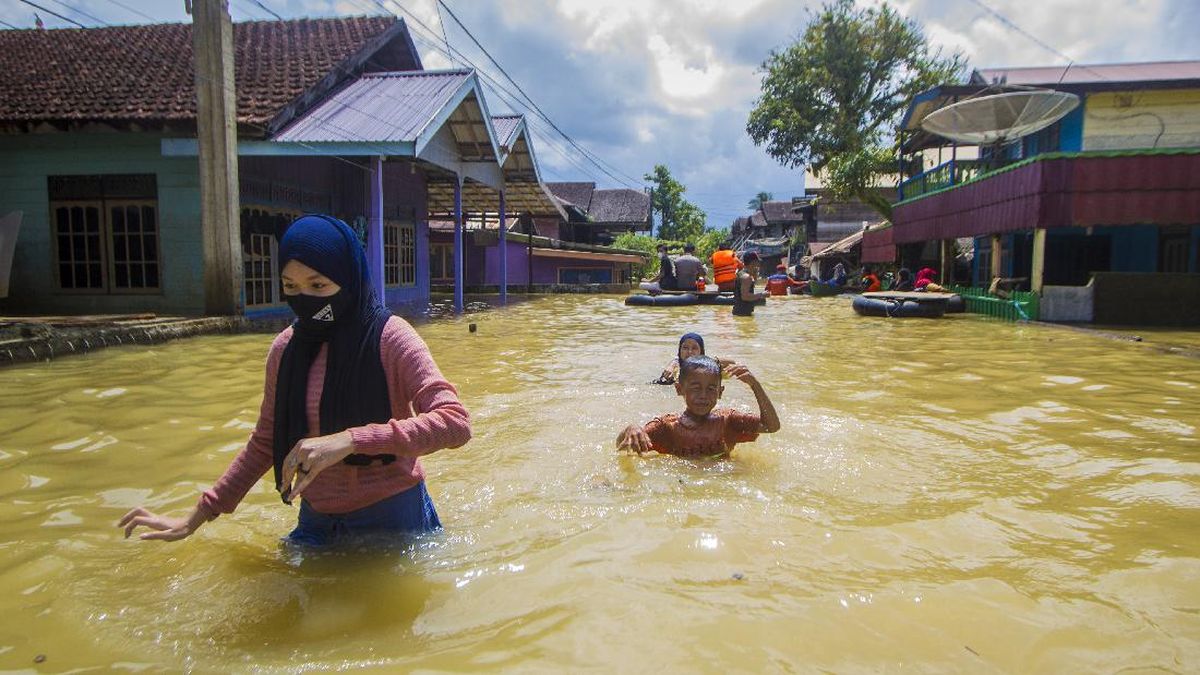Selinger-Morris: Let’s start with the basics. What is genocide and what is not genocide?
Robertson: Genocide, very briefly, is the intention of killing or dismembering someone because of their race or their religion, things they cannot help. But, although they can help with their religion, perhaps, but things which do not set them aside from any provocation or criminality, but just kill them, like, of course, the Jewish.
Loading
Selinger-Morris: And so what is not genocide? Because I think there are many misconceptions, right, that people have?
Robertson: There certainly is. If there’s a lot of killing, a lot of deaths, people say, “Oh, it’s genocide”, and it’s not.
I mean, they say … the British parliament, the other year, decided that the Chinese were guilty of genocide because of their mistreatment of the Uyghurs. They weren’t. It was actually an offence, the way they’re herding people into reeducation camps in that part of China. But it wasn’t genocide.
Similarly, the lot of people were arrested after the fall of Cambodia. If you remember, people were actually wiped out. Over a million people were killed, but they were killed pursuant to a Khmer Rouge ideology. They were not killed because of the race or the religion of the victims.
So it’s got to be race or religion. That’s wrong, in my view because I don’t see why Operation Condor, which was Pinochet’s killing of left-wingers throughout South America, should be exempt if you kill Marxists because they’re Marxists and for no other reason. That seems to me as serious as killing Anglicans or killing black people. But it’s not genocide.
Loading
Genocide is narrowly defined in the sense as killing people because of their race or their religion, not because of their politics. If you kill people because of their politics, as Israel claims it’s killing Hamas, that we could call politicide, but not genocide.
Genocide is a particularly hideous crime and has particular consequences, requiring other signatories to the Genocide Convention to come in and stop it. That’s why genocide is particularly important. Particularly important because America has signed up to it, which it doesn’t to other international laws. And particularly important historically because it was the first way out of this world without law, without international criminal law. And genocide was the first thing. It is particularly important because of Australia’s part in it.
To hear more of Geoffrey Robertson KC’s legal analysis, including why the Holocaust wasn’t charged as a genocide at Nuremberg, the case for and against Israel’s actions in Gaza being classified as genocide, and an Australian politician’s part in establishing the legal definition of genocide, listen to the podcast episode in the player above or click here.
Hear the story behind the headlines on The Morning Edition podcast, every weekday from 5am on Apple, Spotify or your favourite podcast platform.
Most Viewed in World
Loading

